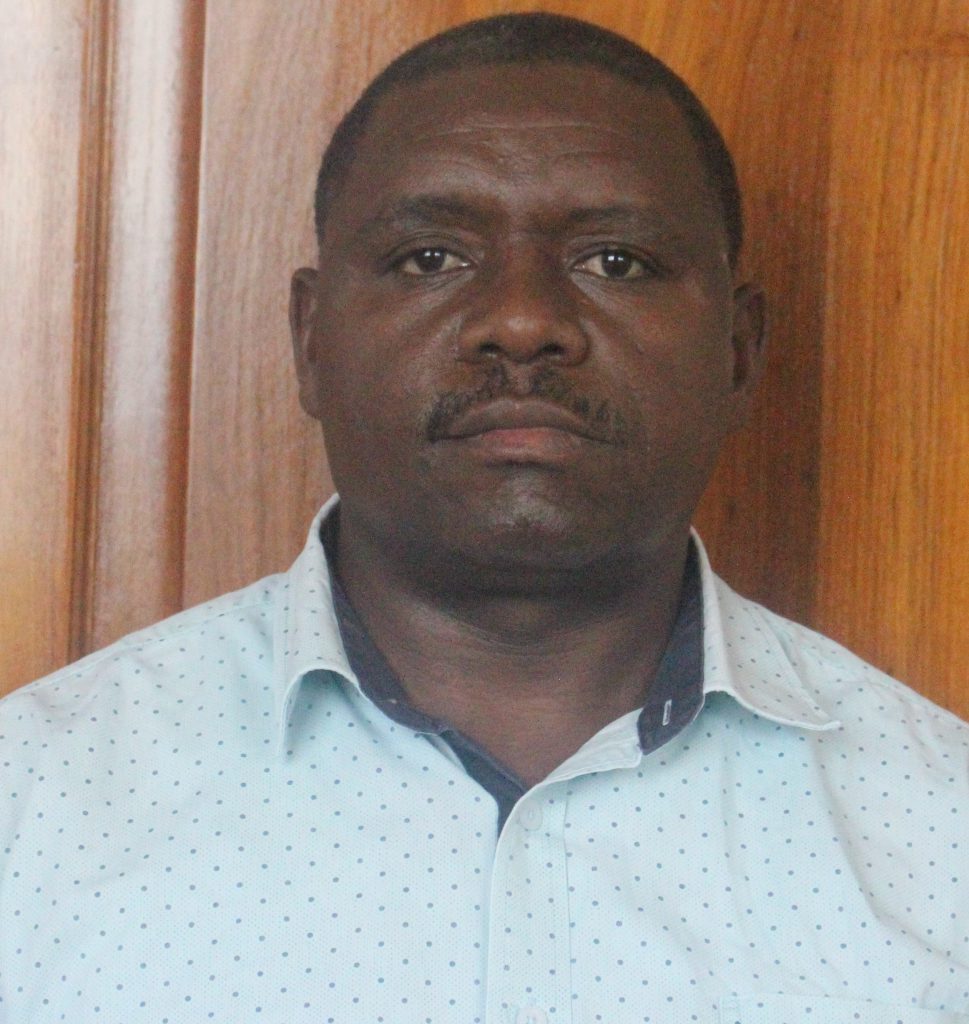
Welcome to the Directorate of Research and Consultancy;
The Directorate of Research and Consultancy is mandated with coordination of research at the University. Through the directorate we develop, review and enforce policies and guidelines that govern research and consultancy at the University and affiliated institutions to ensure responsible conduct and realize positive impact. We make sure all necessary research supporting environment is available to the researchers and that research can be implemented effectively and efficiently. We coordinate and support research from pre-award to post-award stages and processes.
KCMC University aligns its research with the United Nations Sustainable Development Goals, National Research and Development policy (2010), Tanzania National Development Vision -2050 (2024) and others particularly in health, gender equality, and climate action, utilizing a One Health approach that integrates human, animal, and environmental health.
KCMC University offers state-of-the-art research facilities, including specialized labs for molecular biology, genomics, and bioinformatics. The research addresses global health issues, including climate change, gender disparities, and the integration of traditional medicine. The partnership with KCMC Zonal Referral Hospital and the Kilimanjaro Clinical research Institute as part of the University’s research facilities enhances clinical research, particularly in infectious diseases and chronic illnesses.
In addition to Clinical and biomedical research, KCMC University focuses on gender equality and social aspects of human health in the holistic approach to health. We also seek to understand, research on and integrate traditional medicine practices with modern healthcare, which is still novel but an overarching area of research innovations. We promotes hands-on research training for students, encouraging engagement with local communities to address health challenges.
The directorate consists of four offices (i) the Director’s Office, (ii) the Office of Sponsored Projects and (iii) the Ethics Review Committee (CRERC) secretariat office. Contact us at drc@kcmuco.ac.tz
- OSP
- KCMC University Research Ethics Review Committee (CRERC)
- Data Management Unit (DMU)

The Office of Sponsored Projects (OSP) serves as a pivotal entity within the DRCP office, dedicated to managing and facilitating externally funded research and scholarly project activities. Its primary mandate encompasses comprehensive support throughout the lifecycle of sponsored projects, from pre-award to post-award stages, ensuring compliance with institutional and sponsor-specific regulations. It also functions as the primary contact for external funding organizations and linkages.
Key Objectives of the Office of Sponsored Projects:
- Pre-Award Administration:
- Proposal Development Support: Assist researchers in identifying funding opportunities and developing competitive proposals, including budget preparation and alignment with sponsor guidelines.
- Proposal Review and Submission: Ensure proposals meet institutional policies and sponsor requirements, facilitating timely submission through appropriate channels.
- Award Negotiation and Acceptance:
- Agreement Review: Facilitate negotiation for terms and conditions of grants, contracts, and cooperative agreements to safeguard institutional interests and ensure compliance.
- Post-Award Management:
- Financial Oversight: Monitor project budgets, expenditures, and financial reporting to ensure adherence to sponsor and institutional guidelines in close liaison with the accounts office.
- Compliance Assurance: Oversee compliance with applicable regulations and policies.
- Project Closeout: Facilitate the completion of required reports and proper closure of projects in alignment with sponsor expectations.
- Training and Staff Development:
- Staff Supervision: Oversee individual project administrators, providing guidance and professional development to enhance their effectiveness in managing sponsored projects.
- Educational Programs: Organize short term training sessions and workshops to faculty and staff on topics related to project write-up, research administration and compliance.
The OSP ensures that research activities are conducted efficiently, responsibly, and in compliance with all relevant guidelines, thereby fostering a robust research environment within the KCMC University under DRCP.

The CRERC, as KCMC University’s Institutional Review Board (IRB), ensures the ethical compliance of research projects involving human participants. Its primary mandate includes reviewing research proposals to assess risks and benefits, ensuring that informed consent processes are well-structured, and monitoring ongoing studies for adherence to ethical guidelines. The CRERC is dedicated to protecting the rights, dignity, and welfare of research participants by ensuring that studies comply with international ethical standards such as the Declaration of Helsinki, Good Clinical Practice (GCP), and national regulatory requirements. It also evaluates data confidentiality, conflict of interest disclosures, and risk minimization strategies to ensure responsible and ethical research conduct.
CRERC secretariat consists of Chairperson, Co-Chairperson, Secretary and Administrative Officer. Visit CRERC site at (provide link to)
The Data Management Unit (DMU) is designed to enhance the efficiency management, security, and accessibility of research data. Its primary mandate is to oversee and support all aspects of data management, including the development of data collection tools, electronic data capture, real-time data storage, data analysis, and data sharing. By centralizing data management processes, the DMU aims to improve data integrity, ensure compliance with institutional policies, and facilitate secondary use of research data.
Key Objectives of the DMU:
- Centralized Data Storage and Security:
- Provide a secure and structured system for storing research data to prevent data loss and ensure institutional ownership.
- Implement harmonized Standard Operating Procedures (SOPs) for data handling and protection.
- Support for Research Projects:
- Assist researchers and students in developing efficient data collection and analysis tools.
- Offer consultations during project development to integrate robust data management strategies.
- Data Processing and Quality Control:
- Facilitate data cleaning, entry, and processing through trained data staff.
- Monitor data accuracy and integrity to ensure high-quality research outputs.
- Enhanced Data Accessibility and Sharing:
- Promote ethical and controlled data sharing for secondary analysis.
- Develop policies to regulate data archiving and retrieval while maintaining confidentiality.
- Capacity Building and Support for Students:
- Provide MSc and PhD students with professional guidance on research data management.
- Ensure that student research data is processed through the DMU for improved quality and reproducibility.
